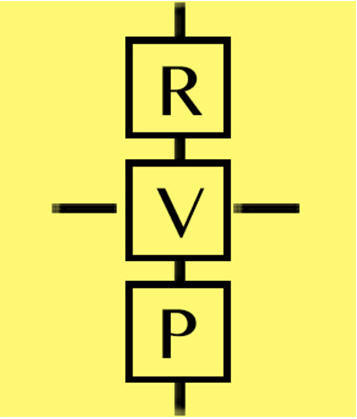Theme
The
issue of justice and responsibility
in the context of multi-cultures is both a
theoretical and practical one.
It is certain that the pursuit of justice is
one of most basic values of
human beings, and the responsibility of fulfillment of the
value of justice is the highest obligation.
However, in the multi-cultural background,
different nations, different
countries and evendifferent social strata within
a country have
different understandings
of justice and responsibility with their significant cultural
differences. Such cultural differences haveprofound
impact on internal
systems and social policies of a
nation-state, on the one hand, and also on a
reasonable construction
and development of the global world order. Particularly
since this century, with the ever more complexity of the
world situation, the issue of justice and responsibility has
become even most important in economic exchange, political
interaction, cultural and diplomatic activities and military
operations among nations.
Therefore, there is an urgent need
for us
to study such questions:
Are there
or may
be some
commonalities or basic
understandings which can help us reach some consensus of
understanding justice in the context of multi-cultures? Is
it possible to generate a justice theory which is more
inclusive and respectful to cultural differences? How to
deal with the relationship between justice and interest? Is
it possible and how to implement the justice principle in
the solution of various conflicts and confrontations? What
is the responsibility of a nation in the international
affairs? What are the basic responsibilities the government
and citizens should play in a nation-state? Is it possible
for both of them to exemplify the value of justice? Or how
can the value of justice be expressed in the
responsibilities of a nation, its government and its
citizens? And so on. No doubt, all these issues are crucial
in relation to the social harmony and world peace.







